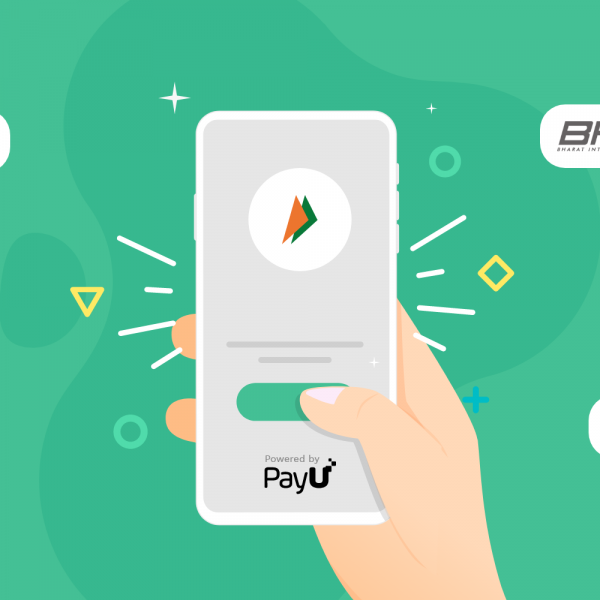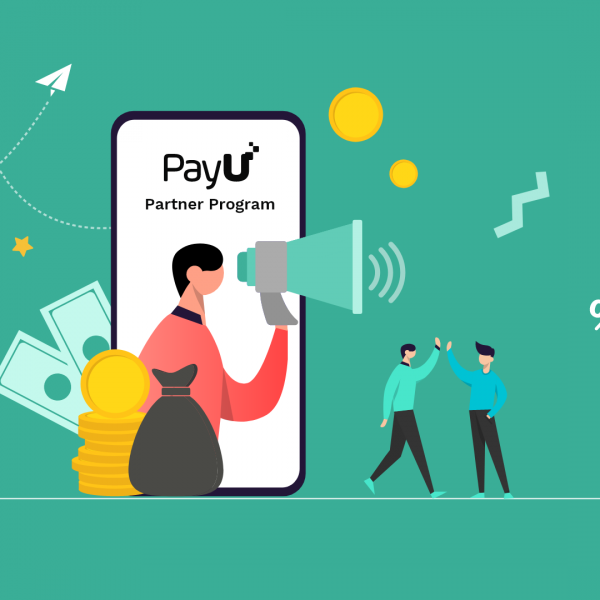When we talk about the flow of money, there are always 2 sides to it – inflow and outflow. While there are several ways to collect money (payment gateway, QR code, net banking, etc.), outflow of money has always been in the silhouette. Not anymore! PayU’s payouts product has been helping merchants to seamlessly payout to their:
- Employees (salaries, reimbursements, etc.)
- Vendors (sellers, resellers, etc.)
- Partners (delivery partners, manufacturers, etc.)
- Customers (refunds, cashbacks, etc.)
When you look at your account statement, there are credit and debit entries. PayU Payouts can help in facilitating all these debit transactions.
Every business has its own nuances and its own specific requirements. While PayU Payouts has multiple features to address these requirements, it is very important for the merchants to know the various ways in which they can manage their funds. In this article, we will deep dive into the multiple types of accounts for sourcing your payouts:
1. Virtual Current Account
Here the underlying bank account is PayU’s current account. A virtual account is created on top of this account and every merchant is provided with a unique virtual account number (Example –PAYUIC1111101). The IFSC code for this virtual account is that of the bank branch in which PayU’s underlying current account exists. A merchant can have multiple virtual bank accounts in the same bank or in different banks. Merchants can add money to this virtual account by doing a simple bank transfer. Once the funds are in their virtual current account(s), they can simply send payouts using the PayU dashboard or APIs. This account is perfect for use cases where the funds are not directly coming from a digital purchase or an online transaction. Examples of such use cases are COD (cash-on-delivery) refunds, salary disbursals, etc.
2. Virtual Nodal Account
Here the underlying bank account is PayU’s nodal account. The process for virtual account creation and unique VAN generation is the same as above. The only difference is that merchants can receive settlements of their online transactions in this account which is not permitted in the case of a virtual current account. The settlements can be from PayU payment gateway or any other payment gateway in the market. Once the funds are in their virtual nodal account, they can simply send payouts using the PayU dashboard or APIs. This account is perfect for use cases where funds are directly coming from an online transaction. Examples of such use cases are refunds for transactions, rewards against gaming purchases, etc.
3. Connected Bank Account
Here, there is no virtual account. Merchant’s own bank account can be used for sourcing the payouts using PayU dashboard or PayU APIs. The merchant can link their existing bank account or open a new bank account in one of the PayU partner banks. Once the connected banking is enabled on the merchant’s bank account, the funds can directly be used to process payouts. Here there is no need to transfer funds to any virtual account (manually or via settlement). PayU is not involved in fund management here and it just acts as a technology service provider. This account is perfect for use cases where the merchants can depend solely on their own bank but they want freedom from the hassle of maintaining balance in a virtual account.
4. Virtual Transit Account
This particular type of account is a hybrid of virtual and real bank accounts. Here also the underlying bank account is PayU’s current account. Parallelly a transit account is also created in the merchant’s own name. The process for virtual account creation, unique VAN generation, the addition of funds is same as mentioned above in the first pointer. The payouts are initiated from the merchant’s virtual current account only, but the funds flow to the beneficiary via this transit account which is created in the merchant’s name. From the usability perspective, payouts can be triggered using the PayU dashboard and APIs the same as in the first pointer. This account is perfect for use cases where merchants want to hide PayU’s name from the beneficiary.
| Virtual Current Account | Virtual Nodal Account | Connected Account | Virtual Transit Account | |
| Type of account provided to merchant | Virtual | Virtual | Real | Virtual |
| Source of Funds | Manual top-ups | Settlements | Own funds | Manual top-ups |
| Custom Remarks on Beneficiary Bank Statement | Allowed | Allowed | Allowed | Allowed |
| Sender’s Name on Beneficiary Bank Statement | PayU | PayU | Merchant’s Name | Merchant’s Name |
| Time to open | Instant | Instant | Requires documentation | Requires documentation |
| Dependency on Bank | Low | Low | High | High |
Merchants can have 1 or all of the above types of accounts based on their needs. While there are some basic differences in all these types, there are some standard functionalities that are available across all account types:
Remark in Beneficiary Bank Statement – Merchants can send some descriptions for every payout transaction that they initiate. For example, if the merchant’s name is XYZ and they are disbursing salary for the month of August, they can send a custom remark as “XYZ/Salary/Aug”. This remark will be visible in the beneficiary’s bank statement as well as other communications (SMS, Email, App Notification) depending on the beneficiary’s bank
Webhook Notifications –Merchants can set notifications that they want to receive from PayU. For example, they can set low balance alert notifications based on custom thresholds, they can receive the status of NEFT transactions, etc.
Queuing and Scheduling Payouts – In case of insufficient balance in their accounts, merchants can choose to queue their payout requests. In that case, payouts will be triggered whenever the funds are replenished. Similarly, merchants can schedule a payout for any time in the future.
Read more – How UPI Payment Gateways Enable Instant Payouts for Businesses?
No matter what your Payout need is, PayU has a solution to fulfill them. Feel free to reach out to us to understand what type of account meets your requirements for paying out to your beneficiaries. Check out our integration document here. PayU Payouts is India’s fastest growing payout product. To start using our products and services,








Leave a Comment